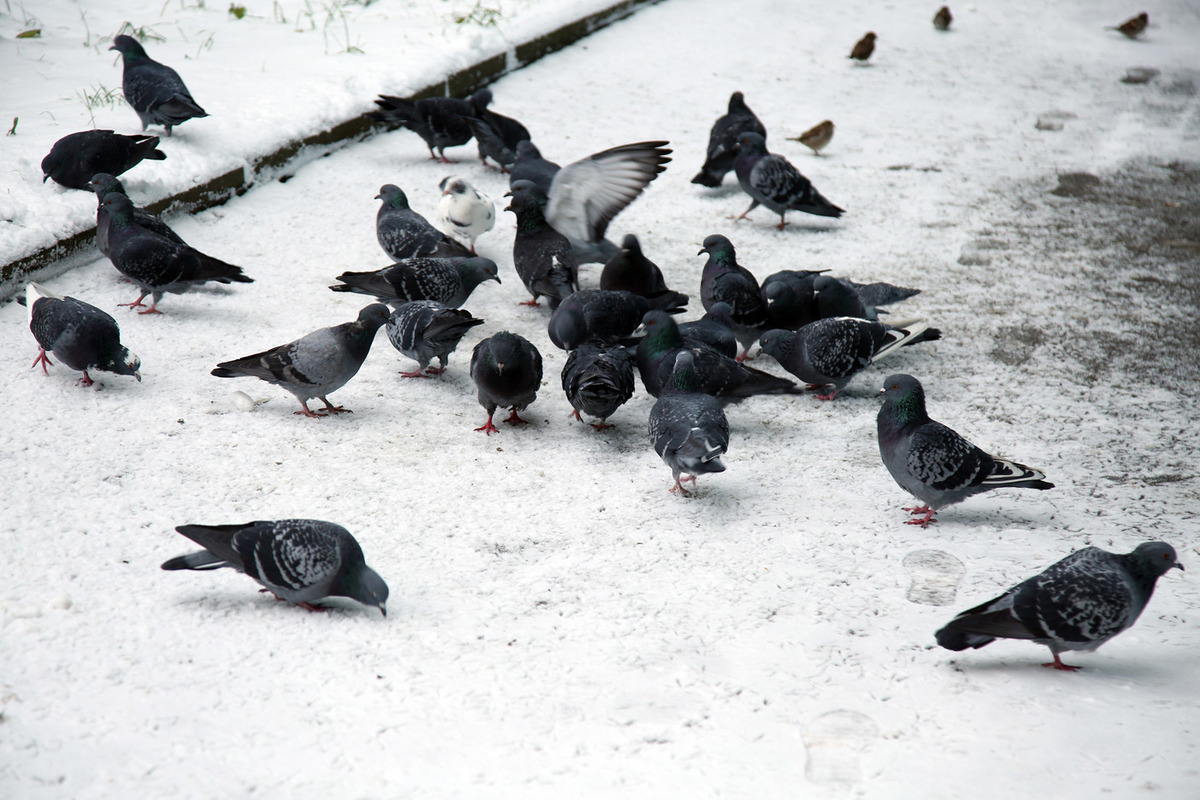Pigeons turned out to be smarter than AI: they can solve problems better
[ad_1]

Birds are not as stupid as previously thought, new study finds
City residents and park lovers often call pigeons urban pests that carry various diseases. However, the latest research has revealed the amazing ability of birds to solve the algorithms used by artificial intelligence. This discovery allows us to question the stereotypes about these birds.
The popular saying “bird brain” can no longer sound like an insult. It turns out that, according to scientists, pigeons are actually very smart animals. The birds showed many wonderful talents. For example, they can remember faces, see the world in vibrant colors, navigate complex routes, deliver news, and even save lives.
A new study published on October 26 proves that artificial intelligence algorithms’ decisions match the thinking of pigeons. In the world of AI, the main goal is to recognize patterns and make decisions based on those patterns. Research shows birds can do the same.
The study involved 24 pigeons who were given a variety of visual tasks, some of which they learned to classify in a few days and others in a few weeks. The researchers found evidence that the mechanism the pigeons used to make the right choice was similar to the method used by AI.
“Our results suggest that in the pigeon, nature may have found a way to create an incredibly efficient learner who does not have the ability to generalize or extrapolate like humans,” Brandon Turner, lead author of the study and a professor of psychology at Ohio State University, said after the results.
The screen reportedly showed the pigeons a variety of lines of varying widths, locations and orientations, as well as sectional and concentric rings. Each bird had to point its beak at a button on the right or left to decide which category the shapes belonged to. If they got it right, they had a pellet reward; if they were wrong, they got nothing. Birds showed scientists that they could adapt, learn and cope with tasks: when they did not receive a reward, they corrected their mistakes. For example, when they were given a visual image of “category A,” anything that looked close to it was defined as similar. “Pigeons don’t need rules,” said Brandon Turner.
In the experiments, the pigeons improved their ability to make the right choice from 55% to 95% of the time when it came to simpler tasks. With a more difficult task, their accuracy increased from 55% to 68%.
Behavioral neuroscience professor Onur Güntürkün notes that the use of pigeons provides insight into the power of associative systems. Pigeons seem to have abilities similar to the difference between mere association and true cognition.
Study co-author and professor of experimental psychology at the University of Iowa Edward Wasserman hopes the study will further help research on the human brain: “Maybe we can get some insight into what’s going on in that little bird’s head. It’s one hell of a brain – it may be small in size, but it packs a punch when it comes to the ability to learn. Not necessarily with the greatest speed, but with the greatest consistency.”
Now the researchers are looking to collaborate with neuroscientists who study pigeons and their brains. They hope these findings may have practical implications for better understanding human brain damage. Scientists want to quickly uncover the practical applications of this newfound knowledge. Ordinary birds could be the key to unlocking the secrets of our own minds.
The Guardian reports that no pigeons were harmed during the study.
[ad_2]
Source link








